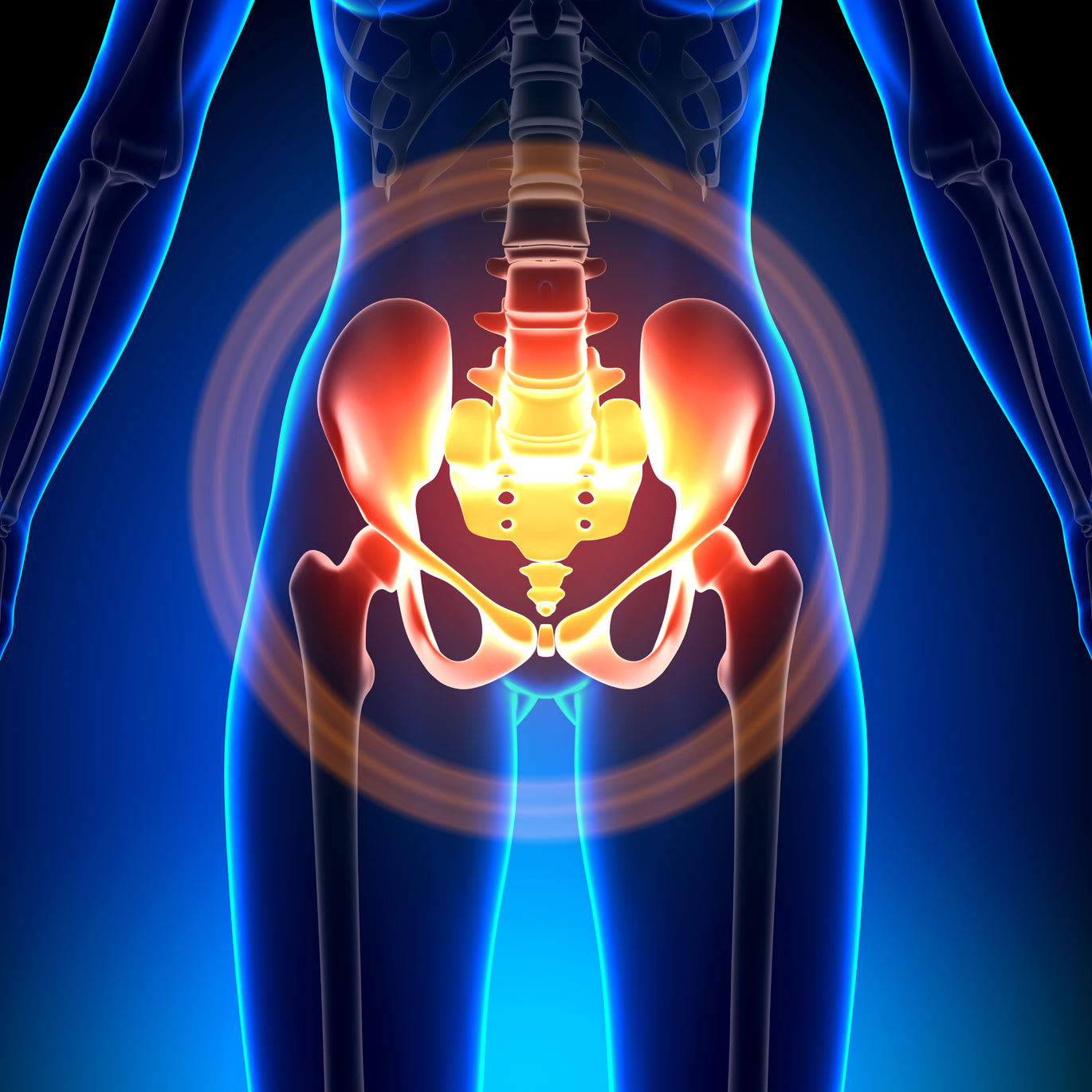
Benign prostatic hyperplasia (BPH) is a health issue that becomes more common with age for men. BPH, also called prostate enlargement, can cause pain and other urinary symptoms. Our pelvic floor physiotherapists at Motion Works Physiotherapy Orleans can help treat BPH, among other pelvic floor issues.
What is BPH?
Benign Prostatic Hyperplasia (BPH) is a common prostate problem among males, especially as they age. The prostate is a small gland found just below the bladder that often gets bigger with age, which can cause symptoms that may become bothersome. The gland is located below the bladder and in front of the rectum, surrounding part of the urethra. If the prostate grows in size, it can prevent the flow of urine out of the bladder. This can cause bladder, urinary tract, or kidney problems, among other symptoms.

Symptoms of BPH include:
- Frequent or urgent need to pee (urination)
- Peeing often at night
- Trouble starting to pee
- Dribbling at the end of urination
- Not being able to empty the bladder fully
How common is BPH?
BPH is very common among males as they age. Approximately 50% of individuals with a prostate will have some signs of BPH by the age of 60. By the age of 85, about 90% will have signs of this pelvic floor issue. Half of all people with BPH will develop symptoms that require treatment.*
*“The Growing Problem of an Enlarged Prostate Gland.” Harvard Health, 10 Aug. 2024, www.health.harvard.edu/mens-health/the-growing-problem-of-an-enlarged-prostate-gland.
How can pelvic floor physiotherapy help treat BPH?
Pelvic floor physiotherapy can help improve urinary function and pain caused by BPH. This is because pelvic floor physiotherapy helps strengthen and/or relax the pelvic floor muscles, which improves bladder control. Pelvic floor physiotherapy treatment plans are minimally invasive and are designed to address the specific needs of each client customized to their individual symptoms. This allows pelvic floor physiotherapy to be used either as an alternative or supplement to other treatments for BPH. When used supplementally, pelvic floor physiotherapists can collaborate alongside other healthcare providers for a holistic approach to managing BPH.
What should I expect at my first pelvic floor physiotherapy appointment for BPH?
Your pelvic floor physiotherapy session will be conducted in a quiet, comfortable, and professional private room. Your pelvic floor physiotherapist will conduct an assessment which includes a thorough health history and a physical examination. The physical examination also often includes an internal exam to determine pelvic floor strength, tone, and function.
Your pelvic floor physiotherapist may use a variety of techniques such as:
- Education: Your physiotherapist will help you understand BPH, its causes, and the role of the pelvic floor muscles.
- Manual Therapy: Your physiotherapist may use techniques such as massage and stretching to release tension in the pelvic floor muscles.
- Muscle Stimulation: Your physiotherapist may use modalities, such as a Electrical Muscle Stimulator (EMS), to help induce pelvic floor muscle contraction.
- Exercise programs: Your physiotherapist may create an exercise program tailored to your specific needs directed at improving pelvic floor function. This will help improve bladder control and function.
